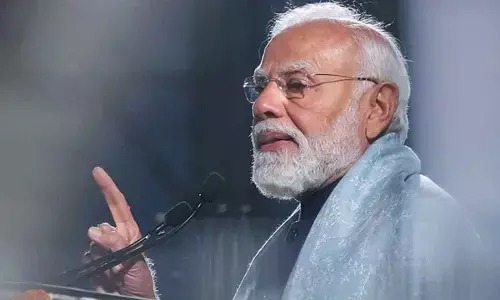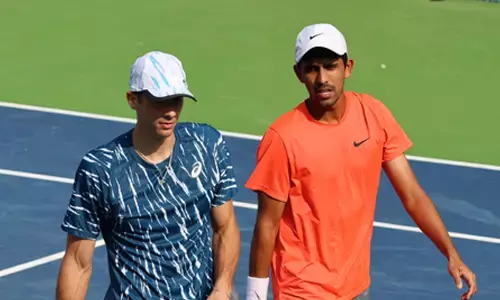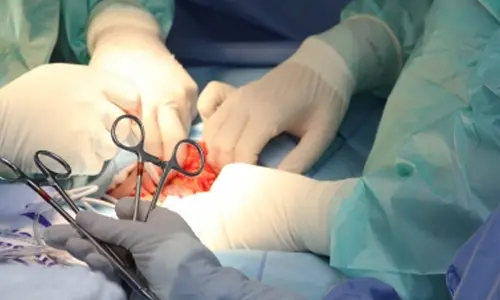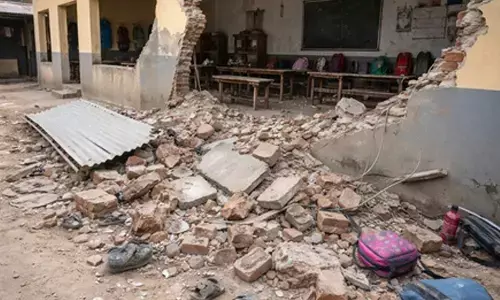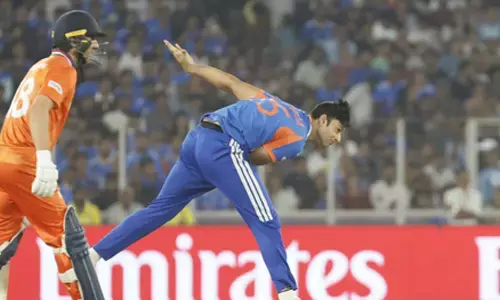Disability is no more a road blocker
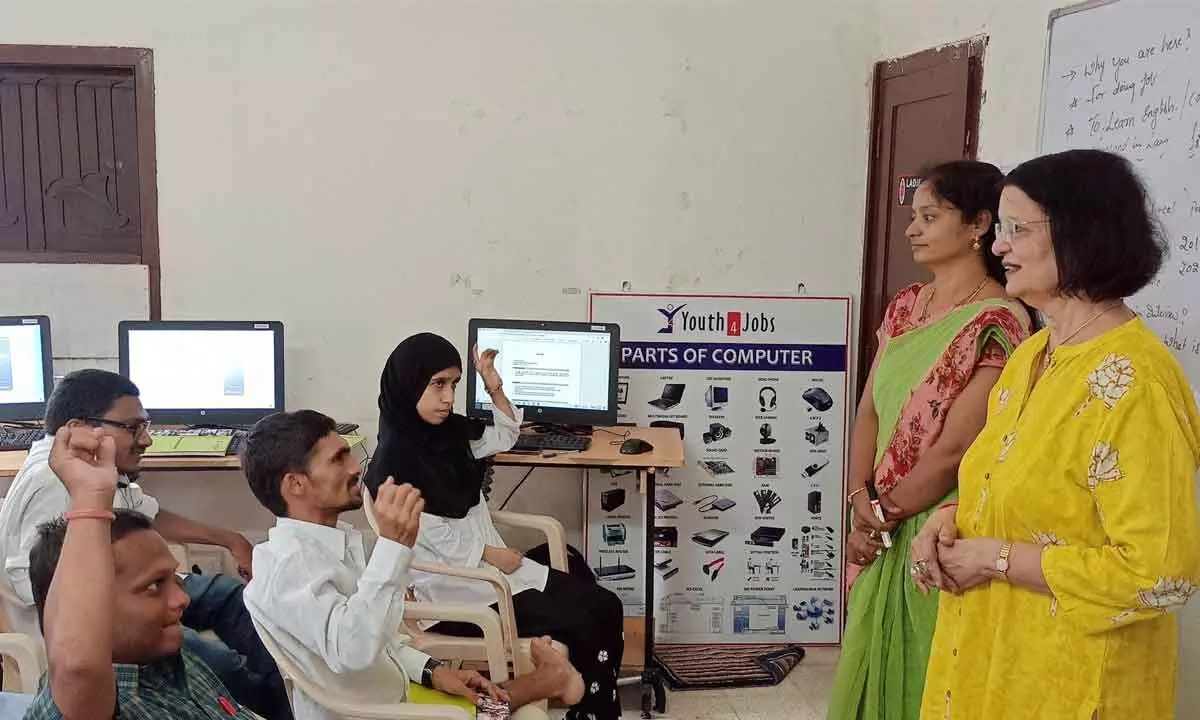
The impact on women with disabilities is magical. She gets a voice even in financial discussions. There is 23% reduction in sexual exploitation. She inspires and guides other women with disabilities — Meera Shenoy
In a developing nation like India, entrepreneurship is all about encoring innovation and the success achieved through years of hard work and zeal. India needs numerous social entrepreneurs with innovative solutions to help society's most pressing social problems in sanitation, education, water conservation, gender bias, primary health, female foeticide, carbon emissions, and other environmental issues.
While individual entrepreneurs work hard to bring about a change in the community, they, too, need a robust platform that recognizes their efforts and helps them boost their initiatives across various locations in the country. Keeping this in mind, in 2010, the Schwab Foundation for Social Entrepreneurship and Jubilant Bhartia Foundation came together to promote social innovation in India through the Social Entrepreneur of the Year (SEOY) India Award. Meera Shenoy, Founder, Youth4Jobs in Hyderabad has been shortlisted as the finalist for this year's Social Entrepreneur of the Year (SEOY) India Award 2022, out of 100 diverse submissions, from which 60% are women.
Youth4Jobs works for grass-root transformation of lives of persons with disability by skilling and linking them to sustainable livelihoods. Today, it is a 'System-Changer' with a pan-India presence, scale and high impact, changing attitudes and lives. Y4J has reached 9.3 million households in 28 states, 8 Union Territories, 12,026 villages, 579 districts and 3,452 mandals. It is setting up 'SwarajAbility', an AI-triggered accessible job platform for youth with disabilities.
Owing to the phenomenal contribution that Meera Shenoy has crafted for the community by educating and employing persons with disabilities, here is her exclusive interation with 'The Hans India'
Speaking about her jouney with Y4J, Meera says, "I used to work in the corporate world, then moved to business media and television. A day came when I used to tell myself every day, it is not enough to capture these stories in print or camera. I must do Hands-on work. And when the desire to do something is strong, the universe conspires to make it happen. Thus began my journey of a decade to work with underprivileged youth linking them to livelihoods – first rural and tribal youth in a senior government position, then with World Bank and UN in their poverty alleviation projects. Then in 2012 February, I decided to work with the most vulnerable youth – youth with disabilities."
Speaking about the purpose behing starting Y4J, She said, "10 years ago when I set up Youth4Jobs, I reflected on how compassion and business can be combined to transform the lives of the poor. When I looked at the statistics, the sheer scale of the disability issue stunned me. 1 out of every 7 in the world is disabled. Their education levels are low; employment is barely 30%. They are poor and a drain on limited family resources. Can I develop for the country and the world a model for scale in this area I asked myself. The vision was to move the disabled and their families from the vicious cycle of poverty to a virtuous cycle of opportunity. Through what I knew best – skilling them to the needs of companies and connecting them to jobs. The Right to PwD Act 2016 states education and employment is a rights for the PwDs. Access to skills, jobs and livelihood opportunities I realized is the need of the hour to ensure vulnerable like PwDs are not left behind."
Speaking about the challenges and road blocks, Meera said, "The biggest challenge was the attitude mind-locks of village communities, companies and colleges. For example, we went to villages – we saw youth but where were youth with disabilities? And if we met parents they shook their heads with disbelief. Then, for the training centers, Special educators were hard to get for our training centres as best of them went abroad. We needed to create special sign language content for the speech and hearing impaired. And companies – yes they knew our previous work. But when they came to our training centres, they asked questions like Are they healthy? Can they work? Will my non-disabled workforce get alarmed? We were surrounded by 'CANNOTs'. We worked to convert this 'Cannot' to 'Can'."
Speaking on the impact generated by Y 4J, Meera says, "We have touched 9.2 million village households with the message of ability in disability. 32,045 youth with disabilities from across all states of India including Jammu & Kashmir were trained. Third party studies show that once the unemployed youth begins earning, he saves and sends money back home. They help clear the high cost family debt; buy assets like a plot of land; help educated their younger sibling and health. The impact is transformational as a job to a youth with disability moves the youth from being a burden to a contributing member of the family.
The impact on women with disabilities is magical. She gets a voice even in financial discussions. There is 23% reduction in sexual exploitation. She inspires and guides other women with disabilities.




